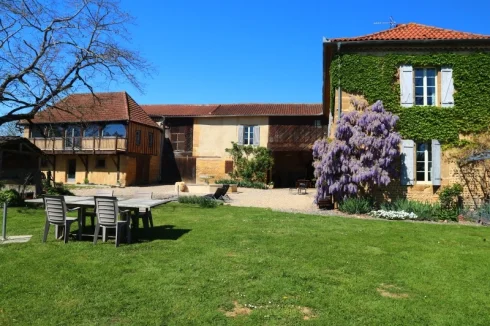Debt Recovery Disputes in France
Tuesday 04 December 2012
The process of taking court proceedings for recovery of a debt in France, or within Europe, is surprisingly simple and inexpensive.
Formal Demand
In France, the first stage of the process begins with the debtor being formally notified by you in writing of the debt and of your demand for settlement.
The letter is called a ‘mis en demeure’, and should be sent by recorded delivery or served by an official bailiff, called a huissier.
Slightly separate procedures exist for recovery of certain commercial debts or debts arising from a 'bounced cheque', which we will cover in a future Newsletter.
Unilateral Legal Action
If there is no response to the mis en demeure, and the debt is not disputed, then within the (reasonable) timescale set out in your letter you can proceed to commence legal action for an ‘injonction de payer’.
This second stage takes place by way of submission by you of a claim to the court, including supporting evidence.
The claim is submitted using the form Cerfa n°12948*01. There is no need to notify the debtor that you have submitted the claim, and no need to engage an avocat.
If you feel you need assistance from an avocat, you may well find that your house insurance policy provides assistance with legal costs.
The judge will consider the evidence submitted and if they deem a case has been made they will grant a court order for payment of the debt, called an ordonnance portant injonction de payer.
The court will not make such a judgement if the debtor contests the debt, which they might well do so if they are informed of the hearing or become aware of it.
Enforcement
If the claim is granted you are then obliged to engage a huissier to serve the court order on the debtor. This task must be accomplished within six months or the court order will lapse.
It is imperative that the court order is served on the proper person, with evidence to that effect, failing which service can be contested in the courts.
If, after one month of serving the court order, the debt has not been paid and the debtor has not formally contested the order, then it is possible to apply to the court for execution of the order.
The huissier can then be instructed by you to secure payment of the debt. If necessary they are able to seize bank accounts and assets belonging to the debtor.
There will be court costs of €35, as well as the costs of engaging a huissier. The latter may not be trifling, although they are regulated.
Contested Hearing
If the debtor has challenged the order, or seeks more time from the court to pay, then a further court hearing will be necessary, when the judge will hear both sides and make a decision on the case.
If you win the case the use of a huissier to enforce the judgement will frequently be necessary.
Cross-Border Debts
Within the EEA there exists a uniform procedure for the recovery of uncontested debts in another country.
It is a procedure you can use on-line.
Information on the European order for payment can be found at European Payment Order.
Thank you for showing an interest in our News section.
Our News section is no longer being published although our catalogue of articles remains in place.
If you found our News useful, please have a look at France Insider, our subscription based News service with in-depth analysis, or our authoritative Guides to France.
If you require advice and assistance with the purchase of French property and moving to France, then take a look at the France Insider Property Clinic.





